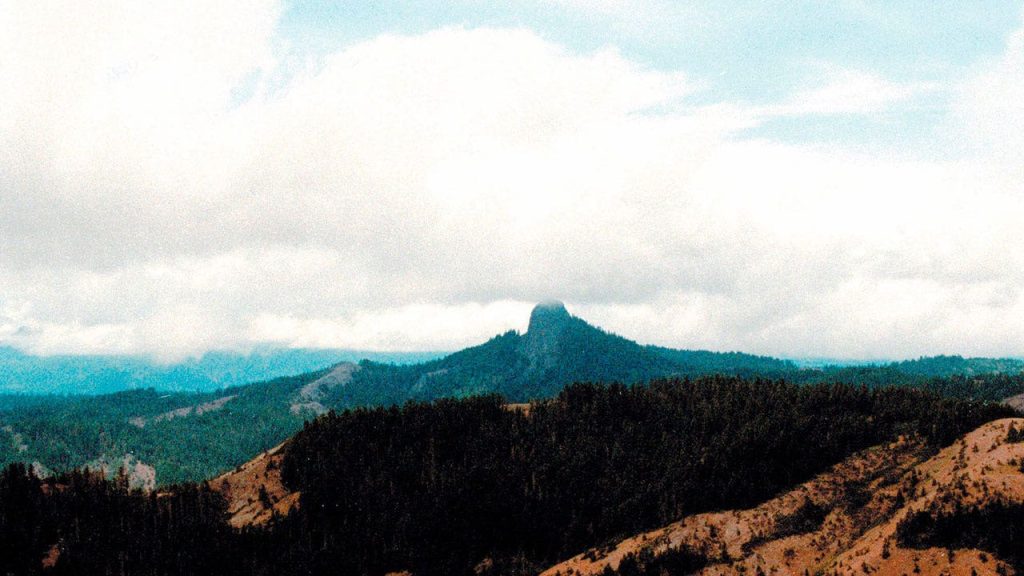The U.S. Supreme Court declined to hear two challenges to the expansion of the Cascade-Siskiyou National Monument, ensuring that the wilderness area along the California-Oregon border will not lose any of its acreage. The challenges were brought by logging interests and several Oregon counties, who argued that President Barack Obama had improperly designated the monument in 2017, taking away their ability to log in the area. The lawsuit raised questions about the president’s authority to create national monuments unilaterally under the Antiquities Act, but the Supreme Court chose not to address this broader issue.
The expansion of the Cascade-Siskiyou National Monument was intended to protect the unique ecological value of the juncture between the ancient Siskiyou Mountains and the volcanic Cascades. The added protections from monument status included a prohibition on logging, as the area contains a diverse mix of plants and wildlife. The monument, now totaling 114,000 acres after a 48,000-acre expansion seven years ago, is popular for outdoor activities such as fishing, hunting, hiking, skiing, and snowmobiling. While it is less visited than other federal lands, it is considered an important ecological and recreational resource.
The petitions against the monument’s expansion were filed by the American Forest Resource Council, a trade group representing logging companies, as well as a coalition of Oregon counties and a timber supplier. They argued that the designation of the monument violated federal regulations that were meant to preserve timber harvests on the O&C Lands, which were originally set aside for a railroad and later conveyed back to the government with conditions. Logging companies stood to lose millions of board feet of timber that could be harvested in the area, impacting revenue for the counties on the O&C Lands.
Despite the Supreme Court’s decision not to hear the challenges, the opponents of the monument expansion expressed disappointment that the court did not provide clarity on the issue of executive overreach through the Antiquities Act. The president’s authority to unilaterally designate national monuments has been a point of contention for critics who argue that it gives too much power to the executive branch. The challenges to the Cascade-Siskiyou National Monument’s expansion had previously been denied in two separate appellate court rulings, leading to the final decision by the Supreme Court not to intervene.


